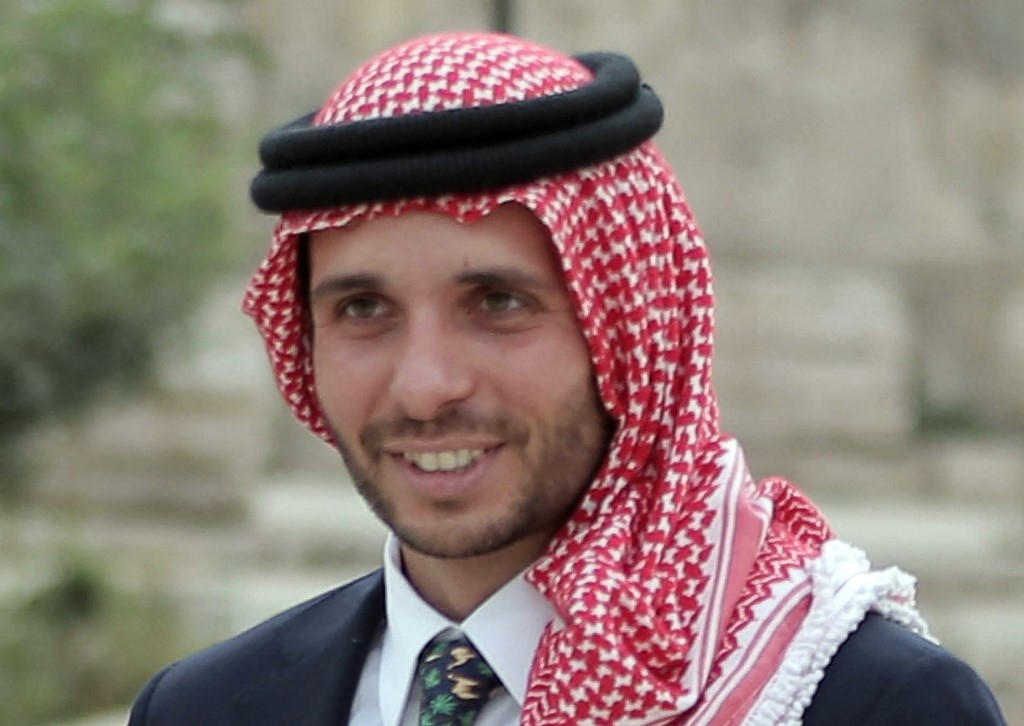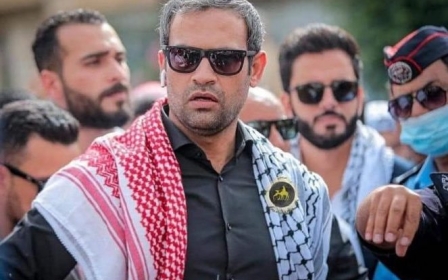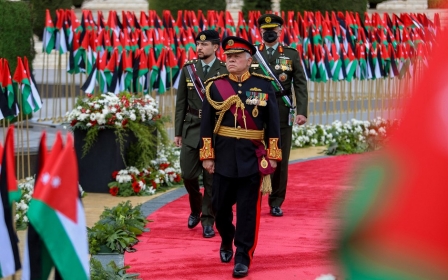Jordan: Prince Hamzah may be called as witness in sedition trial

Jordan's Prince Hamzah is among more than two dozen witnesses who may be asked to testify by the defence team of Bassem Awadallah, a former confidant of King Abdullah II who is on trial on charges of agitating to destabilise the monarchy.
On Wednesday, Mohamed Afif, Awadallah's lawyer, said it would be up to the court to decide whether to call Prince Hamzah, the king's half-brother, as a witness.
"We will ask 25 witnesses, and among them Prince Hamzah," Afif said.
The trial began last week behind closed doors, with authorities saying the proceedings were secret because of the sensitivity of the case.
Sharif Hassan bin Zayed has been accused, along with Awadallah, a former finance minister and once head of the royal court, of conspiring with Prince Hamzah, King Abdullah's half-brother and a former heir to the throne, to instigate dissent against the monarch alongside foreign parties.
In April, Jordan arrested at least 16 people, including Sharif Hassan and Awadallah, accusing them of plotting against the "security and stability" of the kingdom.
After claiming he had been put under house arrest over his alleged role in the plot, Hamzah spoke out using social media and the press, accusing Jordan's rulers of corruption and ineptitude before rolling back his comments in a statement voicing loyalty to the king.
The country's prime minister said Hamzah would face no charges, saying the dispute had been resolved within the family.
The royal, however, remains a central figure in the trial.
'Destablisation' plot
Hamzah accused the "ruling system" of believing that "its personal interests, that its financial interests, that its corruption is more important than the lives and dignity and futures of the 10 million people that live here".
The case has broken the taboo in Jordan of discussing the royal family publicly and sent shockwaves through foreign capitals, with Western powers rallying behind King Abdullah, a strong ally in the region.
It also exposed rivalries within Jordan's traditionally discreet Hashemite dynasty and spawned unprecedented public criticism of the monarch. The defendants are the most senior establishment figures to appear before the security court, which typically prosecutes drug offenders or members of armed groups.
Charges against the two defendants, Awadallah and Sharif Hassan, include agitating to undermine the kingdom's political system, acts that threaten public security, and sowing sedition. Both have pleaded not guilty.
Both face sentences of up to 30 years in prison if found guilty.
Earlier this month, local media published alleged confessions by Awadallah in documents leaked to the press, purportedly revealing details of meetings that took place last year held with Prince Hamzah and arranged by Sharif Hassan.
Awadallah had also served as King Abdullah's envoy to Saudi Arabia and has close links to Saudi Crown Prince Mohammed bin Salman and Abu Dhabi's Crown Prince Mohammed bin Zayed.
Middle East Eye previously revealed that he had been arrested in connection to the alleged plot after intelligence services reportedly intercepted voice and text messages between him and the Saudi crown prince, in which they discussed how to destabilise King Abdullah's rule.
Middle East Eye delivers independent and unrivalled coverage and analysis of the Middle East, North Africa and beyond. To learn more about republishing this content and the associated fees, please fill out this form. More about MEE can be found here.





